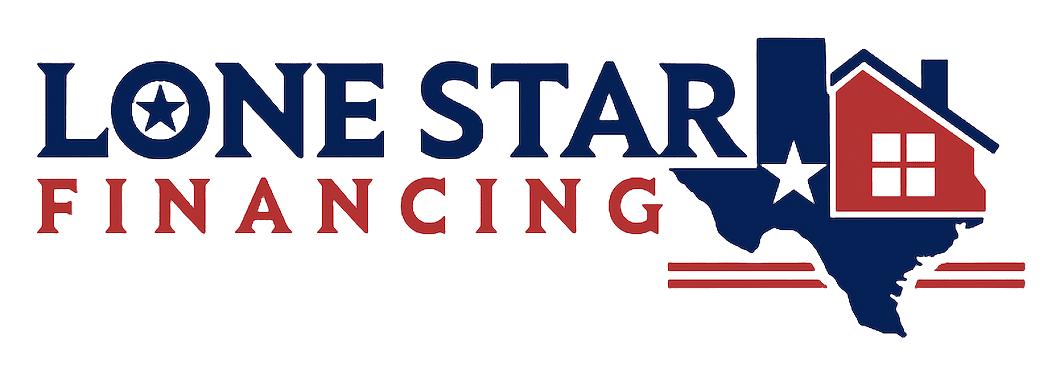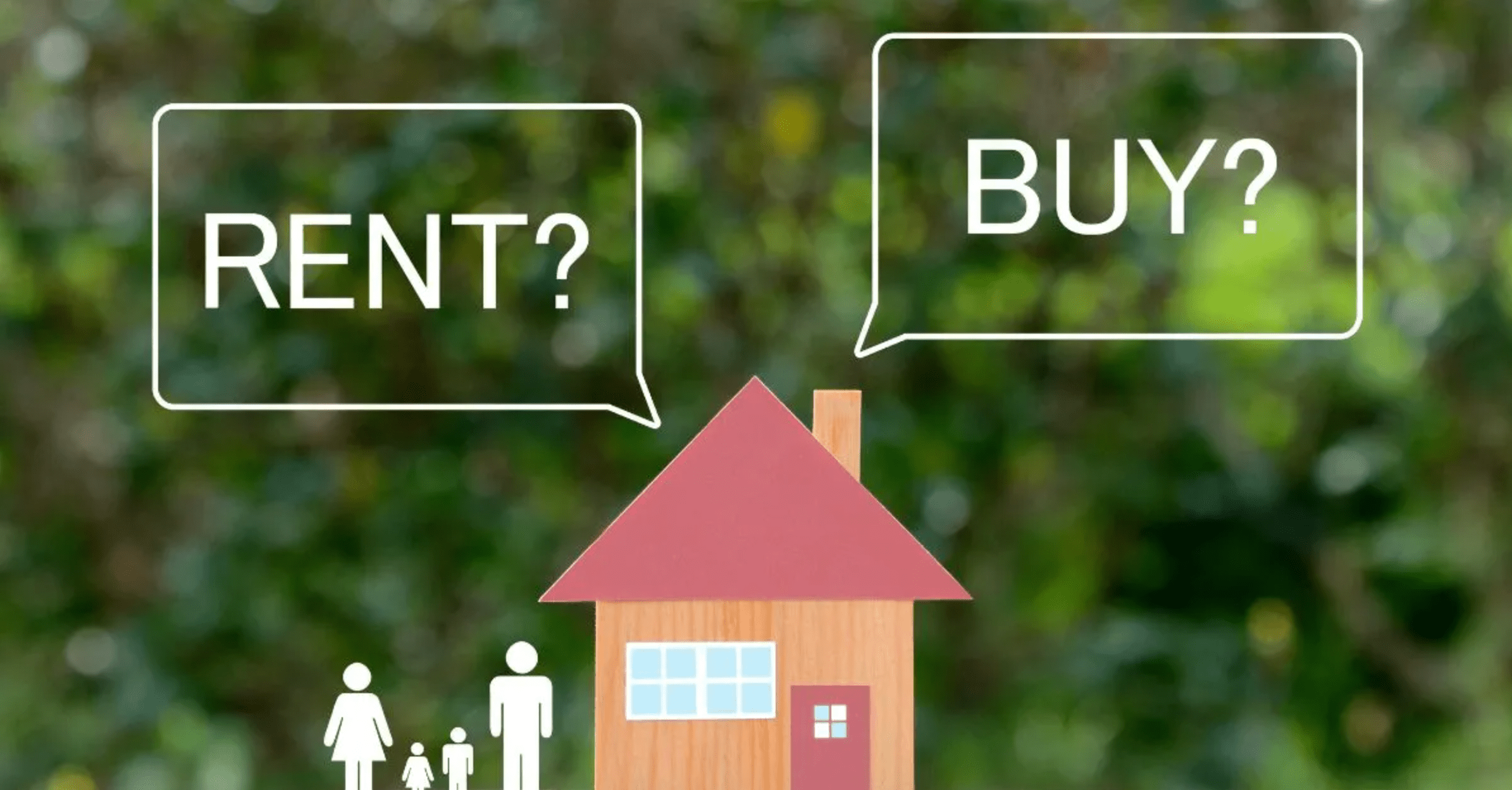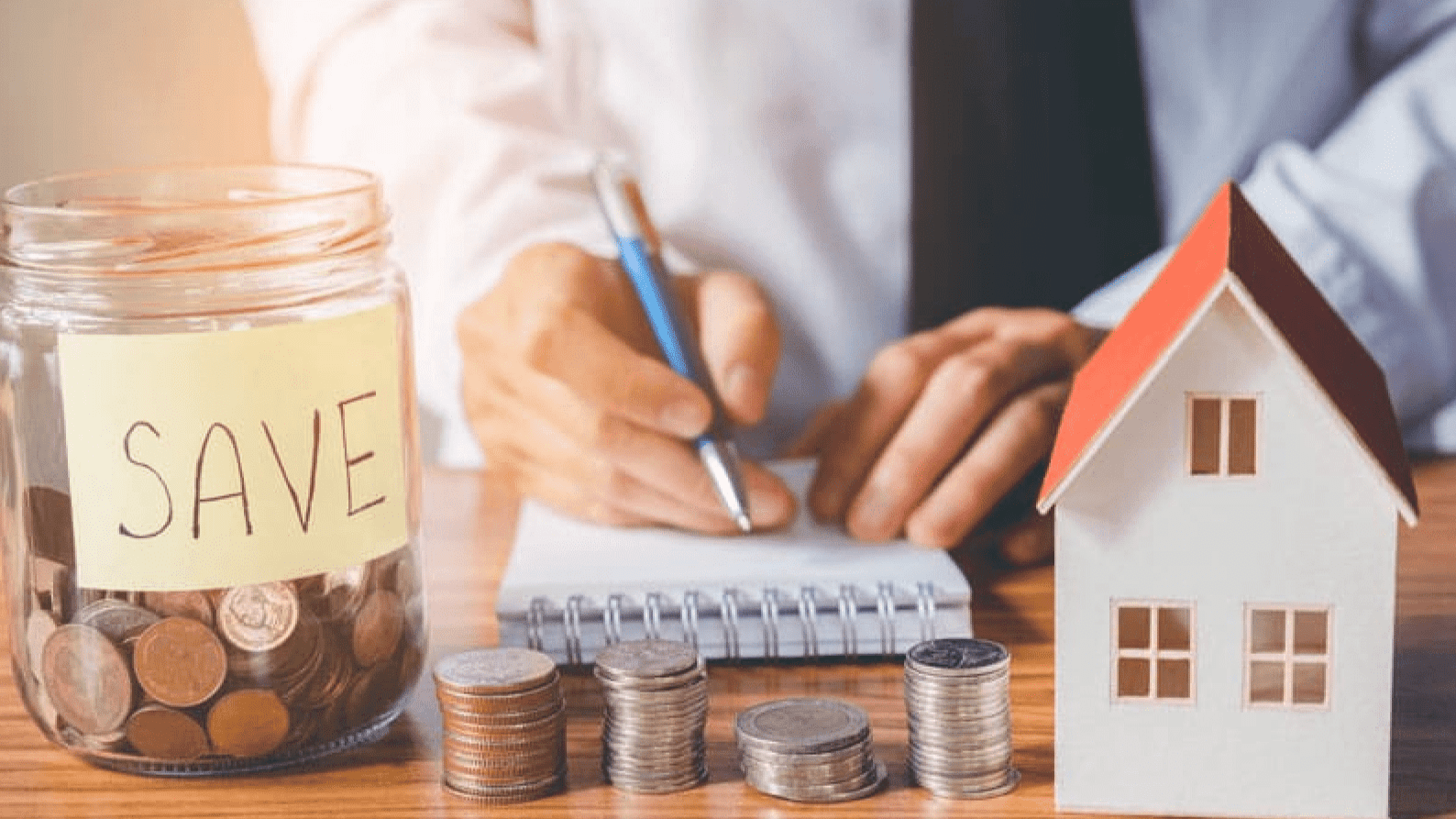Do you dream of one day owning your own home? You need to be prepared. If you buy before you’re able, you can find you owe more on your property than what it’s worth. But when is the best time to buy a house? It is important to buy a home for the right reasons, when you are ready, and not just because it is expected. Let’s take a look at your homebuying preparedness.
Budget
Normal mortgage estimates state you can typically afford a home priced two to three times your gross annual income. That means if you earn $100,000, you should be able to afford a home between $200,000 and $300,000. The biggest problem with this system is it does not include existing debts and expenses.
Prepare a budget of your ongoing monthly bills for all expenses, including credit cards, car and student loans, lunch at work, day care, date night, vacations, savings, and everything else you spend money on every month, every quarter, every year, etc. What’s left over is what you can spend on homeownership like your mortgage, property taxes, insurance, maintenance, utilities, and community association fees, if applicable. If you earn $100,000 a year but have $1,000 in monthly payments for student debt, car loans, and credit card minimum payments, you won’t have the same funds to pay your mortgage as someone earning the same income with no debts.
Rent is Your Guide
With the tax benefits of homeownership you should be able to afford a mortgage payment, including taxes and insurance, of about one-third more than your current rent payment without changing your lifestyle. Multiply your current rent by 1.33 to arrive at a rough estimate of a mortgage payment. So if your rent is $1,500 per month, affording a $2,000 monthly mortgage payment after factoring in the tax benefits should be workable. Find a home that will give you the same payment as rent if paying rent is straining your finances. Remember homeownership has added overhead that your landlord now covers, like property taxes and repairs.
Down Payment
Though a 20% down payment is the standard, not all buyers can save that much money. There are different types of loans to consider if this is your situation. If you put down less than 20% it’s likely you’ll have to mortgage insurance on top of your mortgage payment.
Credit History
Less than stellar credit does not completely prevent you from home ownership. If you have been paying bills on time keep doing so. Also, the length of time you have established credit is almost as important as paying bills on time. You want your credit history to be as long as possible. Do not take on any new debt if you are thinking of making a home purchase soon. Wait until after you’ve settled on your new home.
Explain any delinquencies to your lender, like if you weren’t so great at paying bills while you were in school, you probably hurt your credit rating. Start a conversation with a lender now to see what your options are to improve your credit situation.
Buying Season
Spring is the time to shop and make an offer because that’s when the largest number of homes are listed for sale. March through May homes frequently sell above initial list price. While it can be beneficial to buy a new home in the spring and summer when inventory is high, there are benefits to waiting until the market dies down.
Many sellers reduce asking prices in late summer and early fall in hopes of finally attracting a buyer Sellers become concerned about back-to-school, colder temperatures, and holidays. Sellers want to close the sale rather than re-listing and trying again next year.



